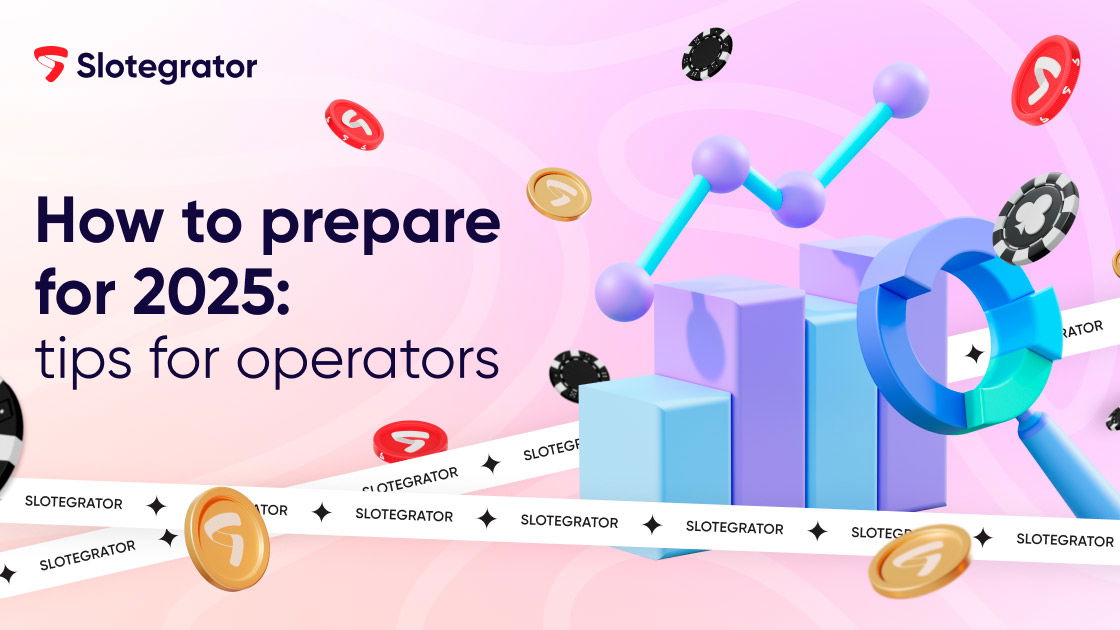UKGC issues new research on young people's gambling behaviors

The UK Gambling Commission has published Thursday new research that explores the gambling journeys and behaviors of young people and adults from ages 16 to 30.
This research is a supplement of the Commission’s research programme to understand the experiences of children, young people and vulnerable adults. It was conducted by the agency 2CV using a combination of quantitative and qualitative methods, which allowed the Commission to further explore the views of this demographic.
The key findings of the 2CV research show that amongst the research participants:
- engagement with gambling throughout childhood and early adulthood aligned to a familiar set of life events and milestones, such as family holidays, first jobs and increasing financial independence
- engaging with gambling or gambling-style activities during childhood was common, but participation was primarily a product of being present or involved with other people’s gambling, rather than proactive underage gambling
- for some, exposure to the positive and negative extremes of gambling (e.g. witnessing big wins or big losses, or being exposed to very positive or very negative attitudes about gambling) at an early age led to an increased interest in gambling in later life, and in some cases riskier or more harmful gambling behavior
- friends and family played an influential role in shaping gambling behavior, whilst advertising and marketing played a lesser role in influencing young people’s tendency to gamble, acting as a trigger or nudge to play as opposed to the reason to start gambling
- young people were most vulnerable to experiencing gambling harm after achieving independence from their parents
- as people grew older, gambling behavior did not stay the same; rather it fluctuated according to personal (and peer) experiences of wins and losses, and alongside changes in lifestyle and responsibility.
In a release published in the UKGC’s official website, Executive Director Tim Miller spoke about the outcomes of the research.
“Protecting consumers is at the heart of everything we do, and it is important we understand the ways in which children and young people gain exposure to gambling, the products they are playing, and what factors influence their relationship with gambling”, Miller said.
“This latest research forms an important part of our ongoing and wider research programme into gambling behaviours and latest trends across Great Britain. Action to protect consumers should be led by evidence and today’s research publication provides important insights specifically into the ways that children and young people can be protected from gambling harms”, he concluded.
The Commission publishes official statistics each year about the gambling behaviour of children and young people aged 11-16 in Great Britain as part of their Young People and Gambling Survey.
However, due to the ongoing disruption caused by the Covid-19 pandemic, UKGC’s fieldwork for the 2021 survey was postponed. The findings published on August 5th are qualitative and quantitative in nature, and do not constitute a replacement for the official statistics, which will resume in 2022, according to the Commission.















































